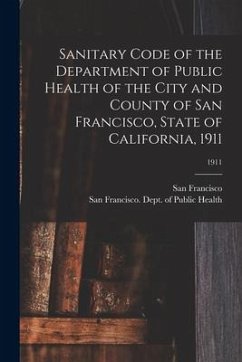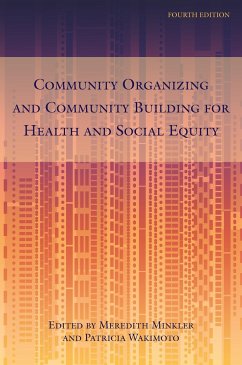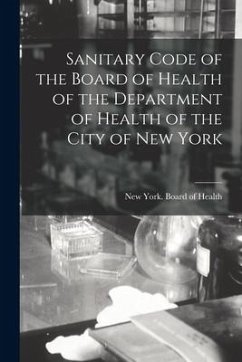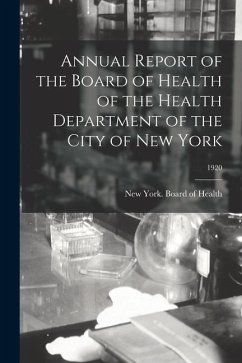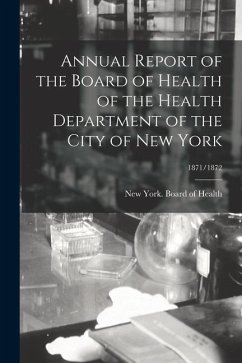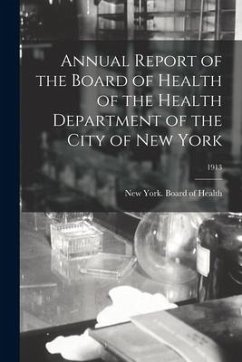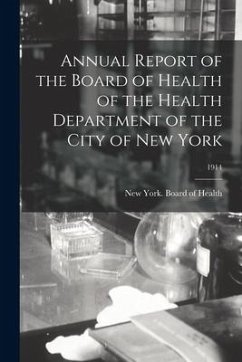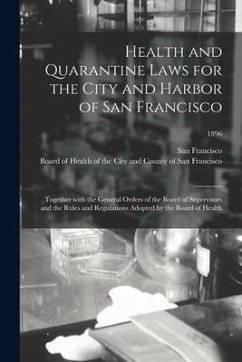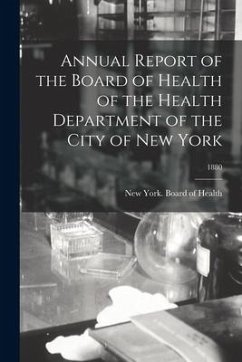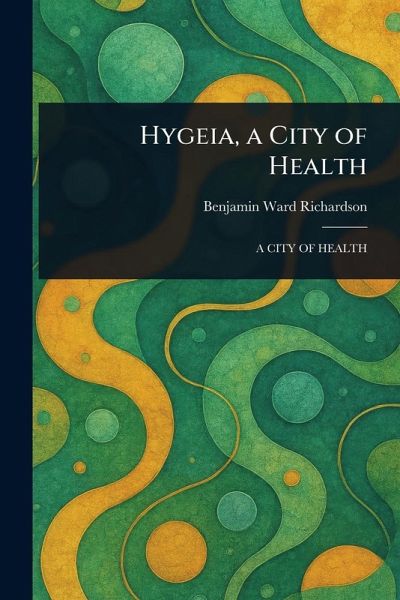
Hygeia, a City of Health

PAYBACK Punkte
7 °P sammeln!
Envision a city meticulously designed for optimal health and well-being in Benjamin Ward Richardson's "Hygeia, a City of Health." This thought-provoking work explores urban planning and city design through the lens of public health, hygiene, and sanitation. Richardson proposes innovative solutions for social reform, imagining a community where every aspect of the environment contributes to the physical and mental health of its citizens. A fascinating exploration of public policy and social policy concerns, "Hygeia" delves into the architectural and infrastructural elements necessary to create ...
Envision a city meticulously designed for optimal health and well-being in Benjamin Ward Richardson's "Hygeia, a City of Health." This thought-provoking work explores urban planning and city design through the lens of public health, hygiene, and sanitation. Richardson proposes innovative solutions for social reform, imagining a community where every aspect of the environment contributes to the physical and mental health of its citizens. A fascinating exploration of public policy and social policy concerns, "Hygeia" delves into the architectural and infrastructural elements necessary to create a truly healthy urban environment. From disease prevention to promoting overall wellness, this book offers a unique perspective on the intersection of medicine, urbanism, and societal well-being. It remains a relevant and insightful contribution to discussions surrounding public health and the impact of our surroundings on our lives. This meticulously prepared print edition makes this classic work accessible to those interested in the history of public health and urban planning. This work has been selected by scholars as being culturally important, and is part of the knowledge base of civilization as we know it. This work is in the public domain in the United States of America, and possibly other nations. Within the United States, you may freely copy and distribute this work, as no entity (individual or corporate) has a copyright on the body of the work. Scholars believe, and we concur, that this work is important enough to be preserved, reproduced, and made generally available to the public. We appreciate your support of the preservation process, and thank you for being an important part of keeping this knowledge alive and relevant.





